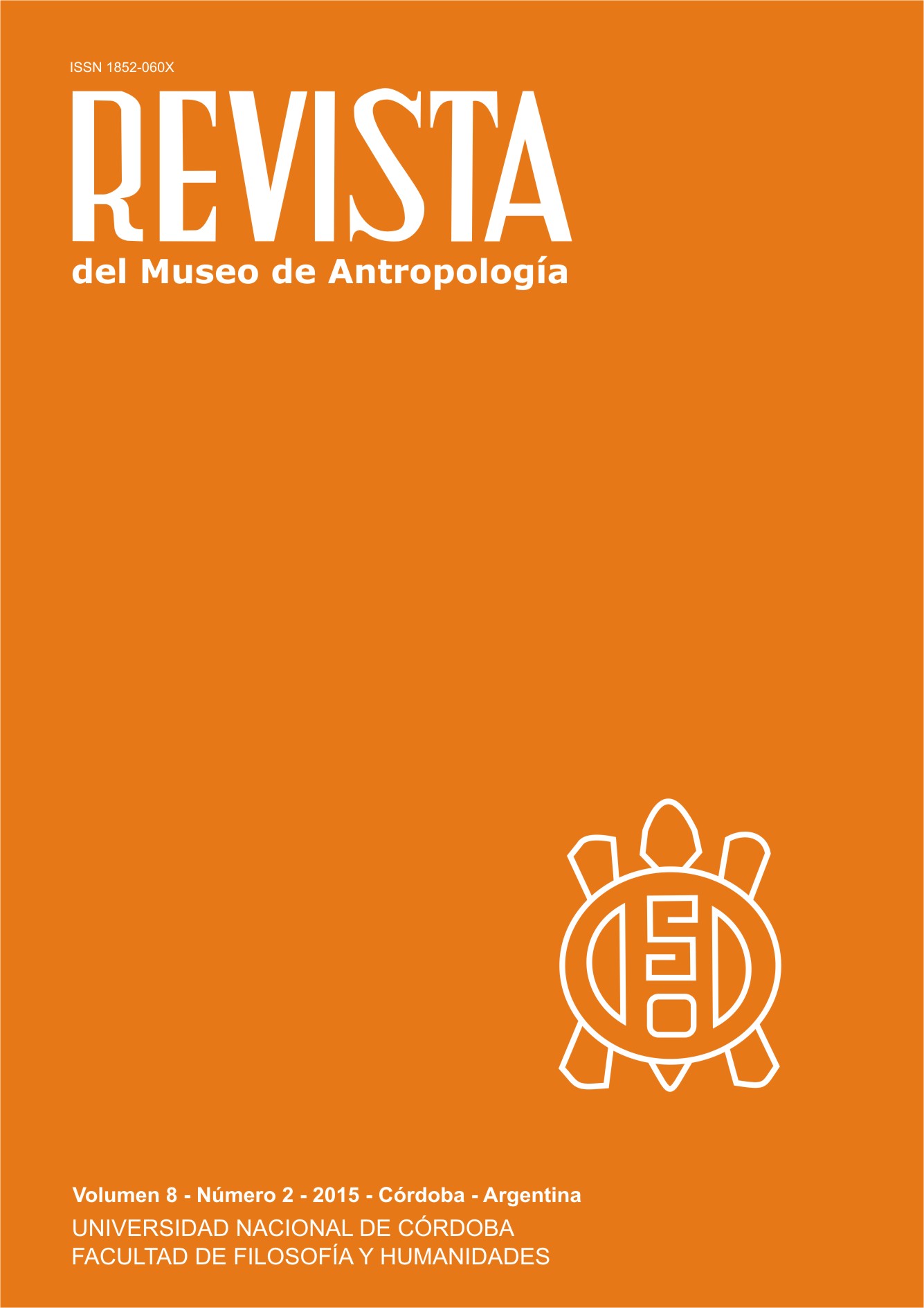Between job opportunities and personal fulfillment: an ethnographic interpretation of university life in popular sectors as of Norbert Elias Mozart
DOI:
https://doi.org/10.31048/1852.4826.v8.n2.13236Keywords:
generation, vocation, Mozart, university studentsAbstract
We analyze what are the reasons that university students “first generation” of a university founded only 4 years ago, when invoked in support of the decision to “go”, to “continue” and to “leave” their studies. Two elements are crucial to understand this process. The first is the notion of “vocation” that articulates working out with personal fulfillment. The second is the generation position of students in the paths of their families (mostly rural and urban workers) in two ways: one linked to the possibility of achieving the aspirations in terms of social mobility; the other related to the questioning of the notion of generation in terms of age homogeneity. To address the empirical evidence reconstructed during the fieldwork, we will rely on a critical reading of the Mozart of Norbert Elias.Downloads
References
Carli, S. 2012 El estudiante universitario. Hacia una historia del presente de la educación pública, Buenos Aires, Siglo XXI.
Colabella, L. 2014 “Salida laboral y realización personal, una combinación necesaria. La elección de la carrera y las causas del abandono entre los estudiantes de la Universidad Nacional Arturo Jauretche”, en Revista Forjando, Revista Centro de Estudios e Investigaciones Arturo Jauretche, Año 3 Nº8, pp. 40-49.
Das, V. 2003 “Trauma and Testimony. Implications for Political Community”, en Anthropological Theory, September 2003, Vol. 3 Nº 3.
Elias, N. 1982 Sociología Fundamental, Barcelona. Gedisa.
Elias, N. 1991 Mozart. Sociología de un genio, Barcelona, Península.
Gutiérrez, A. 2004 Pobre como siempre: estrategias de reproducción social en la pobreza, Córdoba, Ferrerya Editores.
Lave, J. 2011 Apprenticeship in critical ethnographic practice, Chicago, University of Chicago Press.
Mannheim, K. 1993 [1928] “El problema de las generaciones”, en Reis: Revista española de investigaciones sociológicas, Nº 62, ejemplar dedicado a Karl Mannheim, pp. 193-244.
McLaren, P. 1994 Pedagogía crítica, resistencia cultural y la producción del deseo, Buenos Aires, Aique.
McRobbie, Á. 2009 The Aftermath of Feminism: Gender, Culture and Social Change, London, SAGE Publications Ltd.
Panaia, M. (coord.) 2013 Abandonar la universidad con o sin título, Buenos Aires, Miño y Dávila.
Rinesi, E. 2012 “Epílogo. El lugar y los desafíos de la universidad pública en la Argentina actual”, en Chiroleu, A., Marquina, M. y Rinesi, E. (comp.) La política universitaria de los gobiernos Kirchner: continuidades, rupturas, complejidades, Buenos Aires, Universidad Nacional de General Sarmiento.
Santos, B. 2005 La universidad en el siglo XXI. Para una reforma democrática y emancipadora de la universidad, Buenos Aires, Miño y Dávila.
Sigaud, L. 1979 “A percepção do salário entre trabalhadores rurais”, en Pinsky, J. (Org.) Capital e trabalho no campo, São Paulo, Ed. Hucitec, pp. 34-70.
Trpin, V. 2004 Aprender a ser chilenos: identidad, trabajo y residencia de migrantes en el Alto Valle del Río Negro, Buenos Aires, Antropofagia.
Vargas, P. y Viotti, N. 2013 " ‘Prosperidad y espiritualismo para todos’: un análisis sobre la noción de emprendedor en eventos masivos de Buenos Aires”, en Horizontes Antropológicos, Vol. 19 Nº 40 Porto Alegre, Julio / Diciembre 2013.
Weber, M. [1920] 2004: La ética protestante y el espíritu del capitalismo, Buenos Aires, Fondo de Cultura Económica.
Willis, P. 1988 Aprendiendo a trabajar. Cómo los chicos de la clase obrera consiguen trabajos de clase obrera, Madrid, Editorial AKAL.
Zelizer, V. 2009 La negociación de la intimidad, Buenos Aires, Fondo de Cultura Económica.
Zelizer, V. 2011 El significado social del dinero, Buenos Aires, Fondo de Cultura Económica.
Downloads
Published
Issue
Section
License
Those authors who have publications with this Journalaccept the following terms:
a. Authors will retain their copyrights and guarantee the journal the right of first publication of their work, which will be simultaneously subject to the Creative Commons Attribution License (Licencia de reconocimiento de Creative Commons) that allows third parties to share the work as long as its author and his first publication in this journal.
b. Authors may adopt other non-exclusive licensing agreements for the distribution of the version of the published work (eg, deposit it in an institutional electronic file or publish it in a monographic volume) provided that the initial publication in this journal is indicated.
c. Authors are allowed and recommended to disseminate their work on the Internet (eg in institutional telematic archives or on their website) before and during the submission process, which can lead to interesting exchanges and increase citations of the published work. (See The Effect of Open Access - El efecto del acceso abierto)












